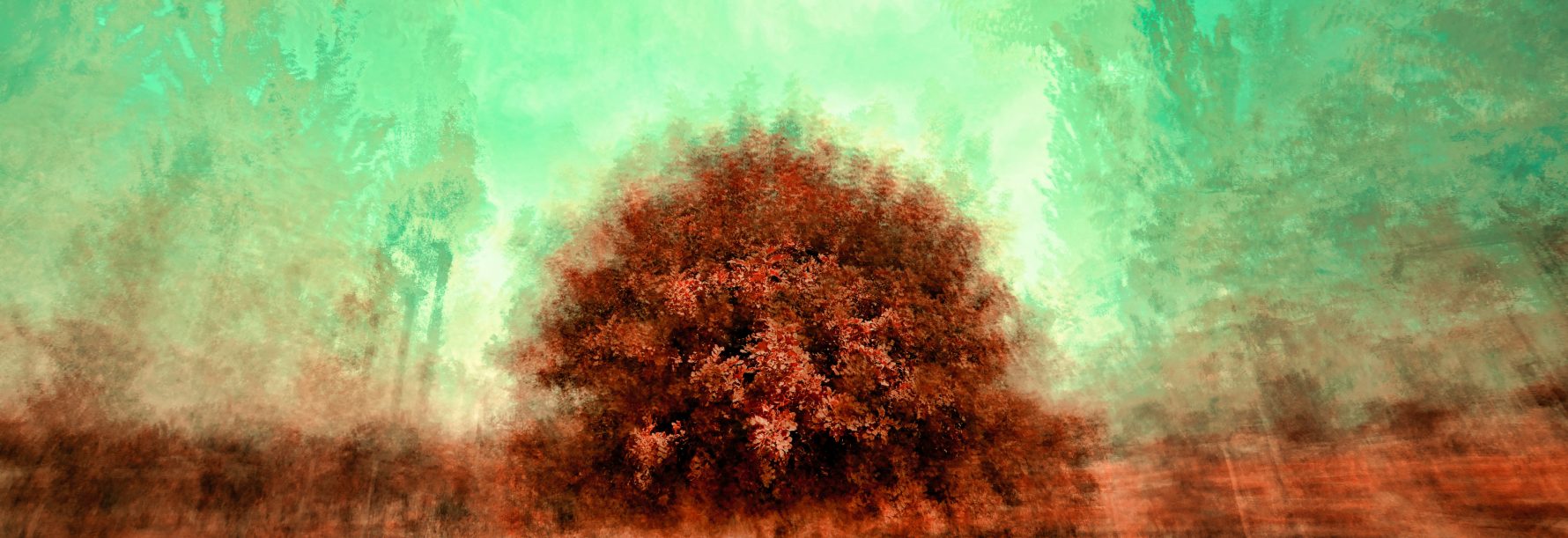The classic idea is that life adapts to the environment in which it is located. In cold places, for example, animals that can cope with the cold will thrive. Characteristics of the planet, such as gravity, will also determine the outcome of the evolution of living systems.
Researchers have also found that life can bring about major changes in landscapes and living environments. Just think of the effects of vegetation on the stability of the soil. The roots in loose soil cause less erosion. Plants that grow in rocky soil help to weathering rocks.
But life even has effects on planetary processes such as climate and plate tectonics. For example, sedimentation and subduction of aqueous clay minerals created by living processes in coastal areas. These clay minerals lubricate the sliding of the tectonic plates along each other in the subduction zone. These minerals even change the composition of the mantle, influencing the velocity of the mantle convection.
Subsequently, these changes in small and large geological processes are also an impulse for evolution and sometimes a cause of large-scale extinction. It is a constant interaction that has been going on for billions of years.

Researchers determine how life influences planetary evolution and also how life is influenced by geological events and gradual changes in the environment. And we humans? Are we ‘nature’ or have we become an external factor influencing this interaction between life and planet? Researchers are making a large-scale inventory of what human-induced changes affect (the evolution of) life on Earth. With this knowledge we can determine whether we should and can do something about it.



